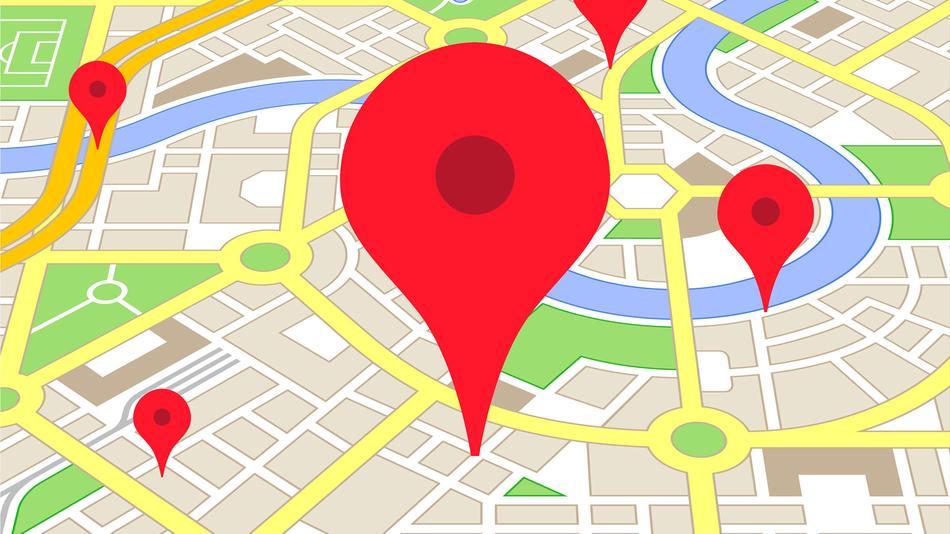In today’s competitive business landscape, data has become the cornerstone of strategic decision-making. For companies looking to expand their reach and improve their bottom line, leveraging data-driven growth strategies is essential. One powerful tool in the arsenal of data-driven businesses is the use of Google Maps Data Extractor Tools.
Introduction to Data-driven Growth Strategies
Data-driven growth strategies involve using insights derived from data analysis to inform business decisions and drive growth. By collecting, analyzing, and interpreting relevant data, businesses can identify opportunities, mitigate risks, and optimize their operations for success.
Understanding Google Maps Data Extractor Tools
What are Google Maps Data Extractor Tools?
Google Maps Data Extractor Tools are software applications or APIs (Application Programming Interfaces) designed to extract location-based data from Google Maps. These tools can scrape various information such as business listings, reviews, ratings, and geographical coordinates.
Importance of Google Maps Data for Businesses
Google Maps data provides valuable insights into consumer behavior, market trends, and competitor analysis. By harnessing this data, businesses can gain a competitive edge and make informed decisions regarding expansion strategies, marketing campaigns, and customer targeting.
Benefits of Leveraging Google Maps Data for Business Expansion
Enhanced Market Research
Google Maps data allows businesses to conduct in-depth market research by analyzing consumer demographics, preferences, and purchasing patterns in specific geographic areas. This information enables companies to identify lucrative market segments and tailor their products or services accordingly.
Targeted Marketing Campaigns
By leveraging Google Maps data, businesses can create highly targeted marketing campaigns based on location-based insights. This allows companies to reach potential customers in their vicinity, increase brand visibility, and drive foot traffic to physical locations.
Improved Customer Insights
Google Maps data provides valuable insights into customer behavior and preferences, allowing businesses to better understand their target audience. By analyzing factors such as review ratings, popular amenities, and user-generated content, companies can tailor their offerings to meet customer expectations and enhance overall satisfaction.
How to Utilize Google Maps Data Extractor Tools
To leverage Google Maps Data Extractor Tools effectively, businesses should follow a structured approach:
Choosing the Right Tool
Select a reputable Google Maps data extraction tool that meets your specific business needs and budgetary constraints. Consider factors such as data accuracy, scalability, and ease of integration with existing systems.
Extracting Relevant Data Points
Identify the key data points relevant to your business objectives, such as business listings, contact information, operating hours, and customer reviews. Use the extraction tool to gather this information from Google Maps in a structured format.
Analyzing and Interpreting Data
Once the data has been extracted, analyze it to gain actionable insights into market trends, competitor analysis, and consumer behavior. Use data visualization techniques to present findings effectively and inform strategic decision-making.
Case Studies: Successful Implementation of Google Maps Data Extractor Tools
Retail Sector
A retail chain utilized Google Maps data to identify underserved markets and optimize the location of new store openings. By analyzing demographic data and competitor locations, the company achieved higher foot traffic and increased sales.
Hospitality Industry
A hotel chain leveraged Google Maps data to enhance its online presence and improve customer engagement. By monitoring guest reviews and feedback, the company identified areas for improvement and implemented targeted marketing campaigns to attract more guests.
Service-Based Businesses
A landscaping company used Google Maps data to identify affluent neighborhoods with high demand for landscaping services. By targeting these areas with tailored marketing campaigns, the company expanded its customer base and increased revenue.
Challenges and Limitations
While Google Maps Data Extractor Tools offer numerous benefits, they also pose certain challenges and limitations:
Data Accuracy Issues
Google Maps data may not always be up-to-date or accurate, leading to potential inaccuracies in business listings and other information.
Privacy Concerns
Collecting and using location-based data raises privacy concerns among consumers, necessitating compliance with relevant regulations such as GDPR (General Data Protection Regulation).
Technical Challenges
Implementing Google Maps Data Extractor Tools requires technical expertise and resources, including API integration and data management capabilities.
Best Practices for Maximizing the Benefits
To maximize the benefits of Google Maps data extraction, businesses should adhere to the following best practices:
Regular Data Updates
Ensure that extracted data is regularly updated to reflect changes in business listings, customer reviews, and other relevant information.
Integration with Existing Systems
Integrate Google Maps data seamlessly with existing CRM (Customer Relationship Management) systems and marketing platforms to streamline data analysis and decision-making processes.
Compliance with Regulations
Adhere to data privacy regulations and industry standards when collecting, storing, and using location-based data to maintain consumer trust and mitigate legal risks.
Conclusion
In conclusion, leveraging Google Maps Data Extractor Tools can be a game-changer for businesses seeking to expand their reach and drive growth. By harnessing the power of location-based data, companies can gain valuable insights, optimize their operations, and stay ahead of the competition in today’s dynamic marketplace.
FAQs
How accurate is the data extracted from Google Maps?
- Google Maps data accuracy can vary, but businesses can mitigate this by regularly updating and verifying the extracted information.
Are there any legal implications of using Google Maps data for business purposes?
- Yes, businesses must comply with data privacy regulations such as GDPR when collecting and using location-based data from Google Maps.
Can Google Maps data be integrated with existing business systems?
- Yes, Google Maps data can be seamlessly integrated with CRM systems and marketing platforms to enhance data analysis and decision-making processes.
What are some common challenges faced when utilizing Google Maps Data Extractor Tools?
- Common challenges include data accuracy issues, privacy concerns, and technical complexities associated with API integration.
How can businesses ensure the security of Google Maps data?
- Businesses should implement robust data security measures, including encryption protocols and access controls, to safeguard Google Maps data from unauthorized access or misuse.
